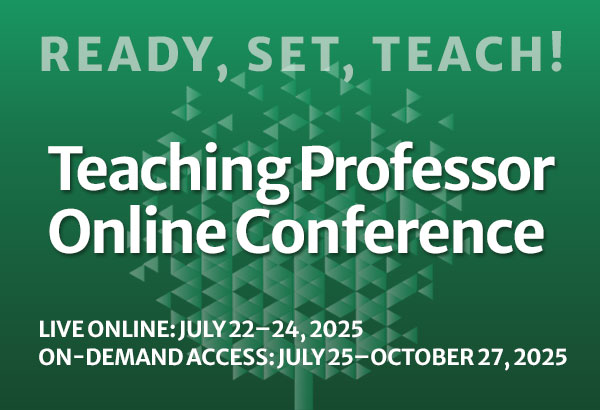
The Continued Tyranny of Content
“Facts are stubborn things,” John Adams wrote over 250 years ago. He was right in more ways than one—for our field of history and probably for yours too.
Despite all the manufactured uproar over the teaching of “divisive concepts” like critical race theory (Waxman 2021),













